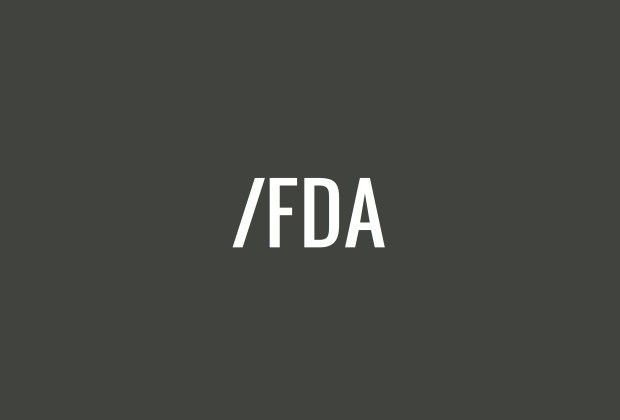The U.S. Food & Drug Administration (FDA) has asked a federal court to delay the substantial equivalence deadline—currently set for May 12, 2020—due to the coronavirus COVID-19 pandemic. And it seems that a four-month delay is now very likely, only a judge’s signature away.
If you are reading this and are a bit confused, you aren’t alone.
The substantial equivalence deadline, which is the date by which cigar manufacturers must submit applications to FDA for products to remain on the market, had been set for August 2021. That changed last year when FDA lost a lawsuit in a federal court in Maryland brought on by anti-tobacco groups and doctors.
In the lawsuit, the plaintiffs argued that FDA had no authority to delay the deadlines for the rules because Congress had not given the agency such authority. When the rules were announced in May 2016, the deadline for product approval was originally May 2018, but it was then pushed back to Aug. 8, 2021 because FDA said it needed more time to finalize the rules. The deadline—which has different meanings for the legacy tobacco products like cigars and pipes and the ENDS products like e-cigarettes—would require companies to remove any product from the market that hasn’t filed an application.
The anti-tobacco groups sued the agency in a federal court in Maryland. FDA objected, saying the groups actually had no standing, but it lost that argument and the case itself.
Judge Paul W. Grimm wrote a scathing opinion where he argued that the agency’s decisions to delay meant that public health was in jeopardy because of youth access to e-cigarettes and vaping products, which are also affected by his decision. He asked both sides—FDA and the anti-tobacco groups—to present an alternative date and then sided with FDA’s recommendation for May 12, 2020. His ruling made no mention of cigars.
Shortly after that, a variety of groups have sought to overturn his ruling including the cigar industry, the e-cigarette and vaping industry and FDA itself, which has disagreed with the idea that the groups had standing since their lawsuit was filed.
In recent weeks, the cigar and vaping industries have asked for a delay in a variety of different venues, including a federal appeals court, a separate Washington D.C.-based federal court and appealing to FDA itself.
That all seems somewhat moot now that FDA is asking Judge Grimm for a 120-day delay. Most importantly, the Department of Justice attorneys representing FDA have indicated that the anti-tobacco groups aren’t opposed to the delay due to coronavirus.
This means that the only thing standing in the way of delaying the substantial equivalence deadline to Sept. 9, 2020 is Judge Grimm’s signature.
There are some other notable parts of the DOJ filing today.
First, it says that as of Feb. 29, 2020, FDA only had 30 pending PMTA applications for e-cigarettes and vaping products, 28 pending substantial equivalence applications for cigars and 17 pending applications for pipe tobacco.
Mitch Zeller, the head of FDA’s Center for Tobacco Products, told the court that he expects a large number of applications will be filed around the May 12, 2020 deadline.
Zeller also said that he has received numerous requests from industry asking for a delay because of shutdowns of various businesses needed to produce the reports, including sometimes the factories producing the products themselves.
“I have been informed (with supporting documentation), for example, that many laboratories and contract research organizations within the United States and abroad, including those with which manufacturers contract to conduct important laboratory and clinical studies, are shutting down or suspending in-person work, or reducing it significantly — some as the result of their states’ or localities’ closures of ‘non-essential businesses,’ others as a result of company policies implemented to ensure their employees’ health and safety. By its nature, this type of laboratory work must be performed in person, on site.”
Zeller acknowledges that most of those requests have asked for a 180-day deadline, but he says the agency believes that 120 days is sufficient.
He also says that CTP has been affected by the pandemic and the need for social distancing, but declined to say what impact it will have on the processing of applications.
“It is not clear at this point what the precise impact of the COVID-19 outbreak will be on the scope of FDA’s ability to complete application reviews within the 12-month period of time once applications are filed.”


